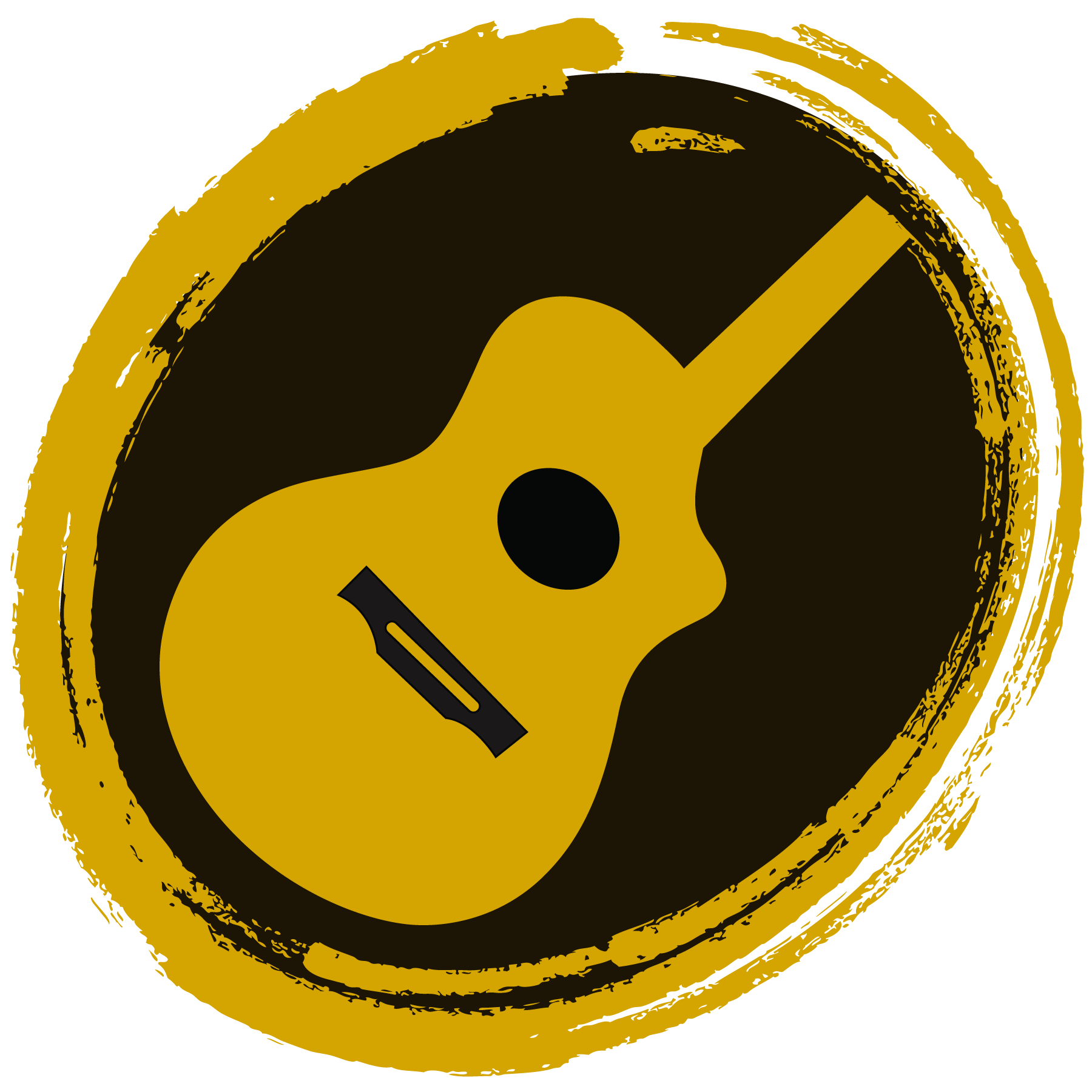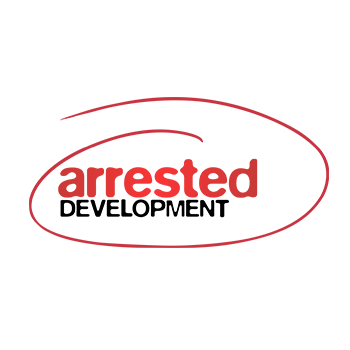Yeah I knew it would be when and not if on the advancing guitarist popping up. I got my copy of it like 10 years ago, and I definitely wasn’t ready for it. Only relatively recently am I really starting to get a lot out of it.
I’m not familiar with the other one but will have a look!







Super cool! Can we get a picture of the controls?